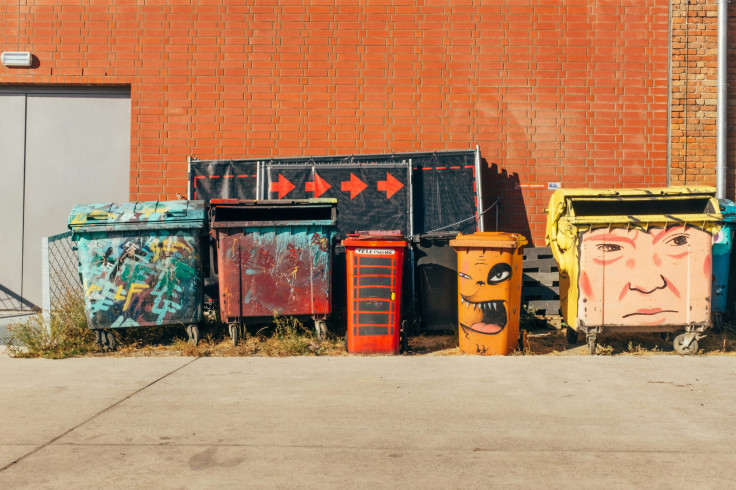
A resourceful individual turned trash into a whopping $66,000 income last year. How did he do it?
Leonardo Urbano struck it rich last year by rummaging through rubbish piles in Sydney. He turned trash into treasure, raking in a cool $100,000 AU (roughly $66,306) by diving deep into rubbish bins for hidden gems and selling them.
His hauls have included designer bags like Fendi, coffee machines, gold jewellery, and even wads of cash. Urbano, armed with his trusty bicycle or a car, would embark on his daily treasure hunts after breakfast, scouring the streets of Sydney for hidden riches.
"You could see mountains of stuff — like literally, mountains. And that's when I find most of the stuff," said Urbano. "That's where the big items will be, like fridges and wardrobes and couches," he added.
This bounty is thanks, in part, to Australia's council rubbish pick-up programs. Twice a year (or more), residents can discard bulky items for free, often leading to streets lined with unwanted furniture and appliances.
Turning Discards into Dollars
Urbano's keen eye has spotted everything from computers and Dyson vacuums to television sets, most in surprisingly good condition. He attributes this to households with more spending power discarding older gadgets, which are still perfectly functional, to make room for the latest releases.
Australia's convenient rubbish pick-up programs create a treasure trove for Urbano's keen eye. "When they want a new gadget, they buy a new one, and they throw away the old just because the battery may not be as good anymore," he said.
Urbano says he isn't afraid of a little elbow grease. While some finds are ready to sell as-is, others might require a bit of cleaning and minor repairs to bring them back to life. Returning home with his curbside bounty, Urbano meticulously sorts through his finds. A few choice pieces are earmarked for himself or find new homes as thoughtful gifts.
With limited space in his apartment, Urbano prioritises quick sales, typically listing items on platforms like Facebook Marketplace within a week or two. Unsold items find new homes through giveaways, making space for the next exciting round of curbside discoveries.
"I think it was good to give away a lot of stuff for free. So people will get into recycling, and they will also start to pay attention to all the rubbish," he said.
Tools You Need For Dumpster Diving
For one, a bicycle becomes your primary eco-friendly transport for a sustainable dumpster diving side hustle. Equip it with front and back baskets for storage, folding grabbers to snag hard-to-reach items, and a repurposed step stool for extra height.
For ultimate convenience, you can even add a leather holster to keep your haul steady.
From the Dumpster to eBay
Beyond grocery stores, frequent dumpster diving targets include independent thrift stores. These stores often discard usable items due to overstocked donations.
Larger chain thrift stores like Goodwill and Salvation Army may utilise trash compactors due to the high volume of discards. These discards can include perfectly good or even new clothes, decorations, books, and more. Dumpster diving near thrift stores can yield valuable finds for resale:
- Vintage KitchenAid parts
- A handmade Technivorm MoccaMaster base with accessories
- A new Rosetta Stone language learning kit
Selling Dumpster Finds
Larger finds like mini-refrigerators are sold locally through platforms like Offerup, Letgo, and Craigslist. Aldi dumpsters can include opened and returned non-food items in good condition, which are then resold.
Rescued empty glass jugs are cleaned, prepped, and sold to local homebrewers. A registered backyard plant nursery, "Reclaimed Abundance Farmacy," utilises composted food scraps as fertiliser for plants, many of which were also rescued from dumpsters, according to a report by Rich & Resilient Living.
Dumpster diving can be unpredictable, with occasional finds best left untouched. For instance, in 2021, a Virginia store clerk discovered human remains in a dumpster. Notably, there are safer alternatives for finding treasures as well.
For example, you can consider investing in Legos, like Shane O'Farrell. Their value holds strong, and some have seen a 400% return by buying and reselling them within a year.







